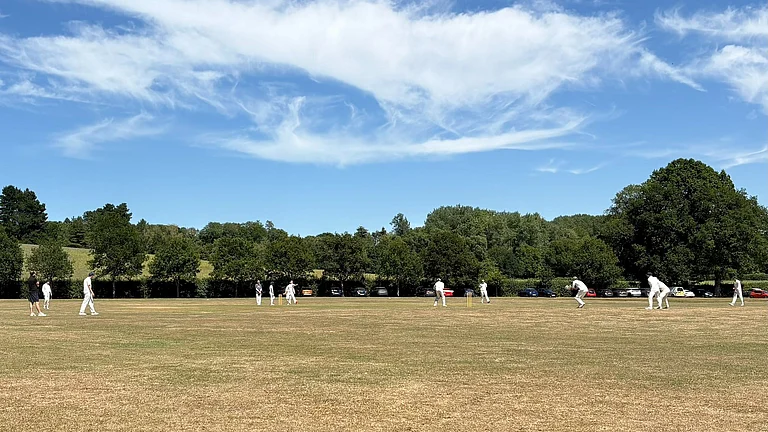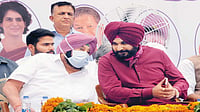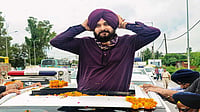Five months after the Delhi High Court stayed an ordinance that would have allowed the Union government to take over the New Delhi-based International Centre for Alternative Dispute Resolution (ICADR), the New Delhi International Arbitration Centre (NDIAC) Bill, 2019 has been re-introduced in the Lok Sabha. Former law minister and founder-chairperson of the ICADR, Hans Raj Bhardwaj, tells Puneet Nicholas Yadav that the NDIAC Bill is “unconstitutional” and Prasad’s actions are akin to “a hostile takeover”. Edited excerpts:
Why do you think the government is so keen on taking over the ICADR?
Let me clarify that I have no problem if the government wants to push for institutionalised arbitration and conciliation. In fact, we had told the government that we have unutilised space in our premises which can serve as the office for the government-run arbitration facility. All we requested was that the ICADR should be allowed to continue its work without government’s interference because we have the expertise and the experience of 25 years. My objection is to the NDIAC Bill. I believe this shoddily drafted Bill is the result of the law minister’s own ego. I have been telling this government for the past five years that if there are deficiencies in the ICADR, they should suggest ways to rectify them. But, the law minister has refused to meet us. This is a hostile takeover.
What has been the contribution of the ICADR towards furthering arbitration, mediation and conciliation in India?
The ICADR was an initiative I started as an autonomous, independent society in October 1995 when I was Union law minister. Despite being a member of the United Nations Commission on International Trade Law (UNCITRAL), India then lacked an INStitutionalised platform for arbitration, mediation and conciliation. We roped in luminaries like Fali Nariman, K.K. Venugopal and a galaxy of retired judges from the SC and the high courts. In the past 25 years, we have held 16 international conferences on arbitration, resolved around 55 cases, including four major international arbitration matters. We also opened regional centres in Bangalore and Hyderabad.
The Justice B.N. Srikrishna committee set up by the Narendra Modi government in January 2017 had recommended that the ICADR should be transferred to a separate body rporate. Isn’t the government following the committee’s recommendation?
The panel had said that the enabling legislation for a takeover must have provisions vesting the properties, assets, debts, obligations, liabilities and contracts of the ICADR in a separate body corporate as well as provisions determining compensation to be paid for assets and properties of the ICADR that have not been acquired through grants given by the government. Prasad’s Bill says the government will take over the assets, including our building and all its paraphernalia as well as our corpus and bank deposits, which are substantial, but that the liabilities are our own. Secondly, the panel had said that the society that founded the ICADR should be allowed to continue its functions even if the building is taken over. Our society has over 650 members, including a host of retired chief justices, retired high court judges and lawyers. Where are my members going to work if we have no premises?
How do you respond to the law ministry and Srikrishna panel’s view that the ICADR has not performed as per expectations?
They are constantly saying that the ICADR resolved only 50 cases in 25 years. This is a half-truth. Our objective was not limited to conducting arbitration. It included holding conferences, sensitisation camps, training programmes and other activities. Our annual report is tabled in Parliament and has details of all our work. How can the government say we have underperformed? Ravi Shankar Prasad would do well to ask Arun Jaitley about the work that we have been doing. Even Jaitley has come to ICADR for arbitration matters. Would nearly every former chief justice of India, or senior lawyers like K.K. Venugopal, associate with the ICADR if it was a defunct body?


























